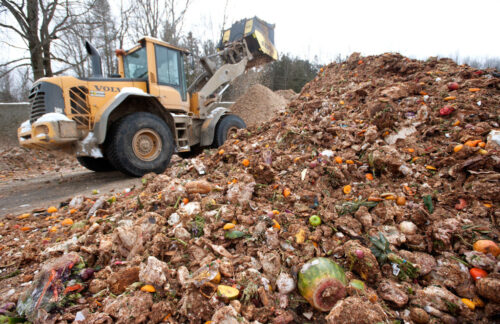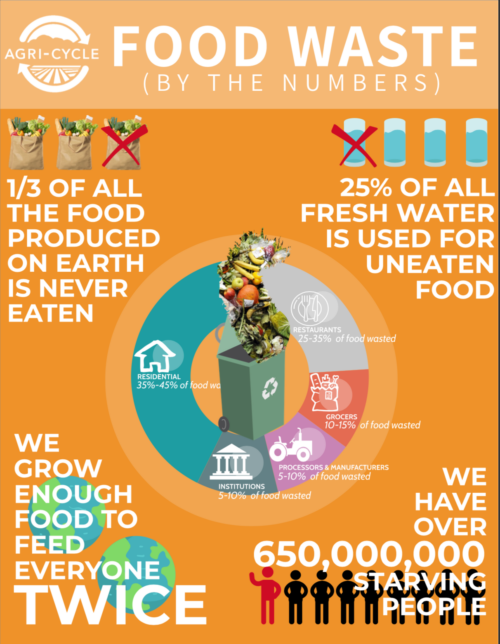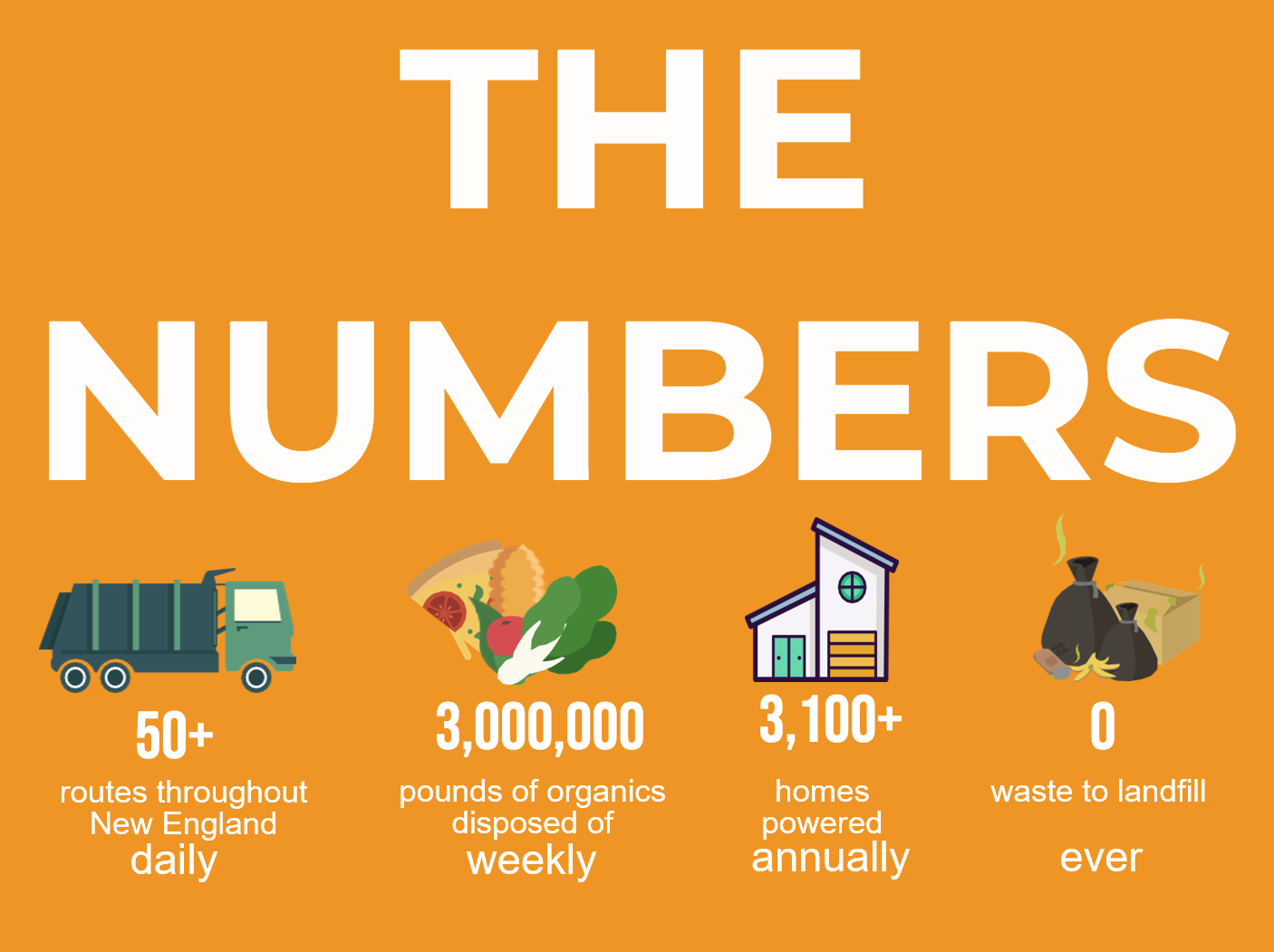Every year, billions of pounds of food go to waste, leaving a trail of economic, environmental, and societal consequences in its wake. But what many don’t realize is that this isn’t just about discarded leftovers or expired produce. The implications of food waste ripple through our global economy, strain our planet’s resources and exacerbate societal inequalities.
In this three-part series, we’ll delve deep into the multifaceted repercussions of wasted food, shedding light on why it’s not just an ethical concern, but a pressing issue for our wallets, our world, and our well-being. Whether you’re a business owner, an environmental enthusiast, or someone who simply wants to make a difference, understanding the true cost of food waste is the first step toward a more sustainable and equitable future.
Today, it’s all about the money.

Exeter, Maine–02–26-2015–
Kevin Bennett Photo
The Economic Toll of Wasted Food: A Deep Dive into the Numbers
The financial implications of food waste are staggering, especially when we zoom in on the United States, a leading contributor to this global issue. Let’s break down the numbers to truly grasp the economic weight of our discarded meals.
- Billions in Lost Revenue: According to the USDA, the United States wastes approximately 30-40% of its food supply. This translates to an estimated $161 billion lost annually. Imagine the economic growth and opportunities we’re missing out on, simply because of preventable waste.
- Landfill Costs: When food ends up in landfills, it’s not just the food that’s wasted. Landfills come with their own set of costs. The EPA estimates that food is the single largest component taking up space inside U.S. landfills, accounting for about 22% of municipal solid waste. Maintaining these landfills isn’t cheap, and the costs are often passed on to municipalities and, by extension, taxpayers.
- The Taxpayer’s Burden: Beyond the direct costs of managing landfills, taxpayers also bear the brunt of the environmental cleanup and health implications associated with food decomposition. As food breaks down, it releases Methane, a greenhouse gas that’s over 25 times more potent than Carbon Dioxide. Addressing these environmental challenges requires funding, and that often comes from the public’s pocket.
- The Ripple Effect: The economic costs of food waste aren’t limited to the value of the food itself. Think about the water, labor, transportation, and energy that went into producing, storing, and transporting that food. When we waste food, we’re also wasting all the resources that went into bringing it to our tables.

Action Items: Solutions to the Economic Problem of Food Waste
- Educate & Advocate: Awareness is the first step. Share statistics and information about the economic implications of food waste with your community, schools, and workplaces.
- Support Food Rescue Programs: These organizations work to redirect would-be wasted food to those in need. By supporting them, you’re not only combating hunger but also reducing the economic burden of food waste.
- Recycling Food Scraps With Agri-Cycle: Instead of sending food scraps to the landfill, consider working with Agri-Cycle. This not only reduces landfill costs but also creates renewable energy, organic fertilizer, and compost!
- Shop Smart: Plan your meals, stick to your shopping list, and avoid over-purchasing. This not only saves you money but also reduces the chances of food going to waste.
- Encourage Policy Changes: Advocate for local and national policies that address food waste, such as tax incentives for businesses that donate unsold food or fund research into longer-lasting food storage solutions. If you’re curious about your state’s current policy around food waste check out Refed’s State Policy Finder!
By understanding the economic costs of wasted food and taking actionable steps, we can pave the way for a more sustainable and economically sound future.
Tune in next week for Part Two of this series and learn about the Environmental Impacts of Food Waste.
Agri-Cycle is here to help
Agri-Cycle offers creative solutions to landfilling your food waste! From ideas like reducing and repurposing your food waste to influencing your local municipality to sign on with Agri-Cycle Energy to service food waste toters that are FREE to use by all local residents, Agri-Cycle has your back! At Agri-Cycle, we’re proud to help businesses (and cities) throughout the northeast – from Maine to Maryland – find better ways of dealing with and reducing their food waste. Contact us to take your food full circle by getting a quote or calling us at 1-800-850-9560.
If you live between Maine and Maryland, you can bring them to your local Agri-Cycle drop-off site.

